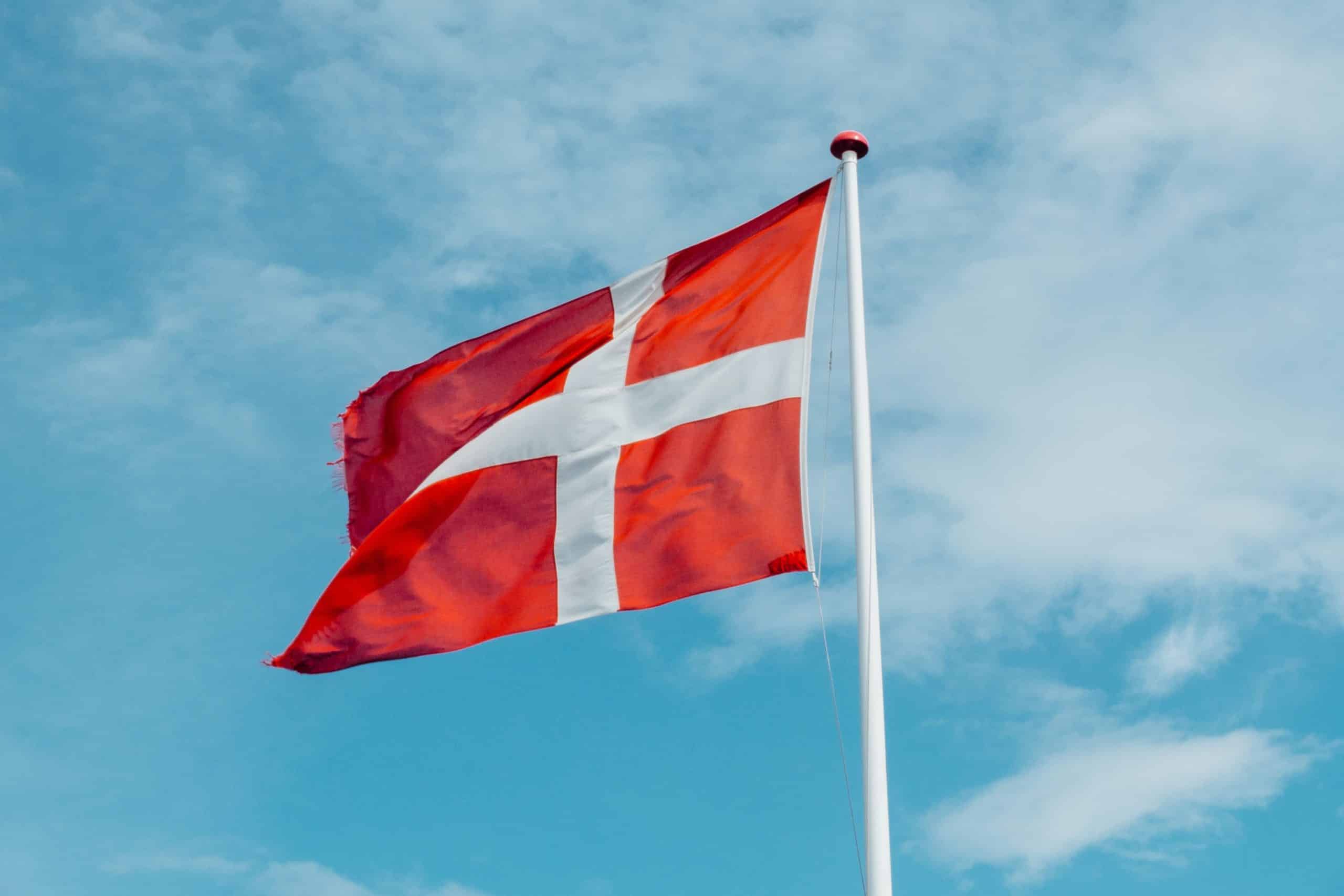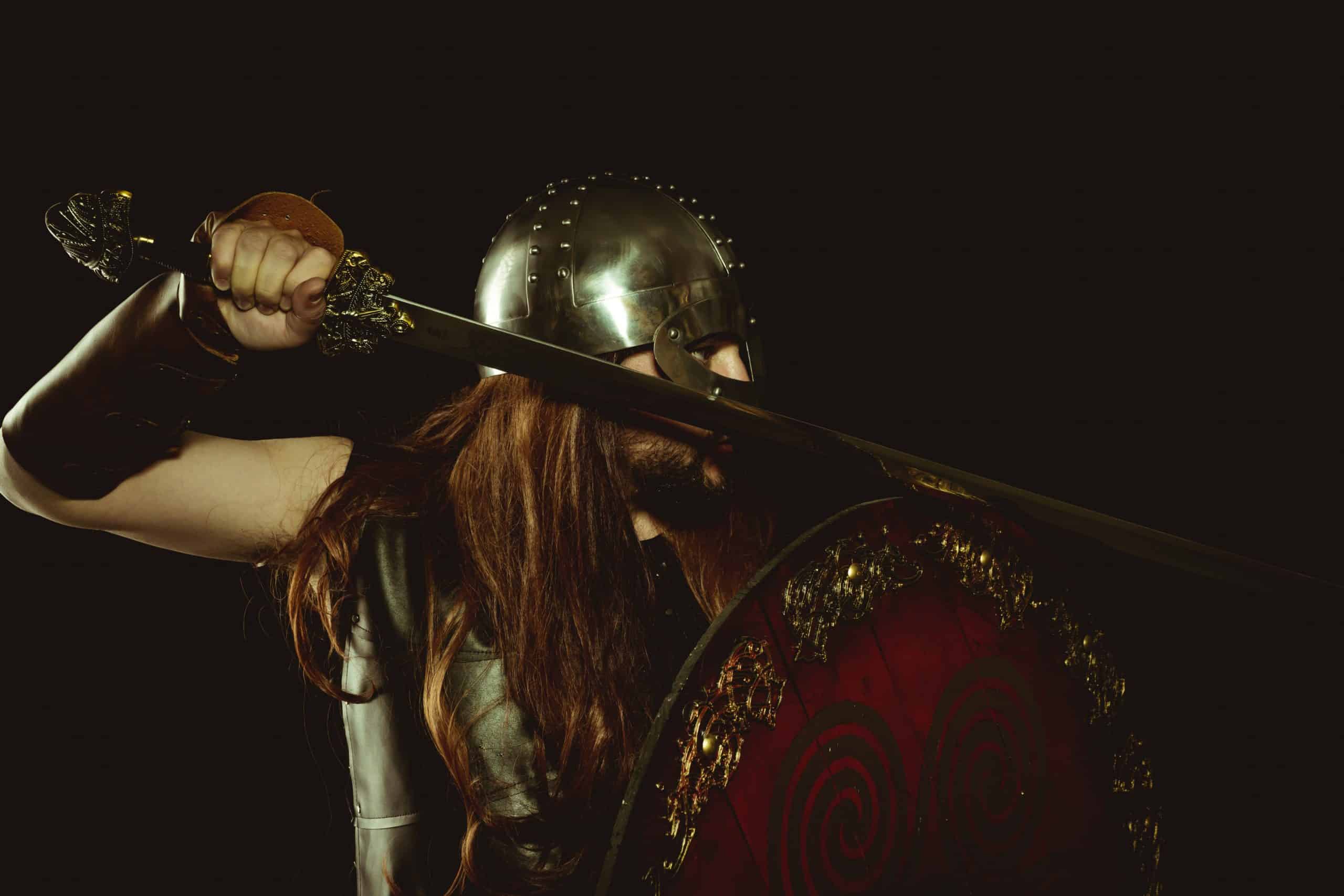
Tyr in Norse Mythology: The One-Handed God of War and Justice
Interested in Norse mythology and looking to learn more about specific gods? Need to research details for an assignment, or are you perhaps looking for inspiration for your next novel? Then this article might interest you.
Today we are covering the mythical god Tyr, and how this figure fits into the overall web of the Nordic sagas and myths of ancient times. Enjoy!
Who was Tyr?
Tyr is an interesting god that is mentioned throughout Norse mythology, and who had a diverse role. Tyr was seen as a god of war, justice and honor. He is often depicted as a brave and noble warrior, but his story is also one of sacrifice and selflessness.
Tyr is said to be the son of Odin, the all-father and chief of the gods, and Frigg, the goddess of love, marriage, and fertility. This means he is a member of the Aesir, the principal pantheon of gods in Norse mythology, and it also makes him a brother of Thor and Loki.
The God of war
As a god of war, Tyr is known for his courage and bravery in battle. He is said to be the most courageous of all the gods, and his name is often associated with honor and valor. The word “Tyr” itself is thought to be derived from the Old Norse word “týr” which means “god.”
But as mentioned above, Tyr had many other roles in Norse mythology as well. He was also well known for being a god of justice, upholding the law and what was right in this world. In this regard he acted as the guardian of the social order, as well as a protector of the weak and the oppressed.
According to some accounts, he is the one who brought the concept of justice to the world as a whole, and therefore you can often find depictions of Tyr where he holds a set of scales, symbolizing his role in balancing the scales of justice.
Other meanings
As for his other roles, Tyr was also considered a god of law and order, where he was often invoked in legal matters and disputes. He was believed to be a fair and impartial judge, and his decisions were considered final, and widely respected.
In some myths, Tyr was also associated with the concept of sacrifice and the idea that great things can be achieved through selflessness and bravery. This is exemplified in the story of his sacrifice of his hand to bind Fenrir, which we will mention in greater detail further down, but this idea of sacrifice for the greater good is also seen in other myths and tales.
The tale about Tyr and Fenrir
One of the most famous stories about Tyr involves his sacrifice of his hand due to his battle with the massive wolf named Fenrir. Loki is said to be the father of Fenrir, and the story tells that the wolf grew up in Asgard, where due to its smaller size was not considered dangerous.
But the wolf quickly grew in size, almost magically so, and was soon running rampant in the world of gods, where it destroyed everything it ran into. All the gods were in agreement that they needed to slay the beast, but also feared the immense strength and power that Fenrir possessed.
Afraid that they might lose in an open battle with Fenrir, the gods decided to bind the wolf using a magical chain. They were able to shackle the wolf several times, but Fenrir proved too powerful and was able to break free from the first two chains they tried to use.
After these failed attempts with large chains, the gods visited the dwarves and asked them to make a third chain. They named this chain Gleipnir, and used the breath of fish, the saliva of birds, the sinews of bears, the roots of mountains, the noise of a cat’s paws and hair from women’s beards in order to craft this new chain.
Gleipnir was a small chain compared to the previous ones, but it was magically imbued by the ingredients and the skills of the dwarves. So when Fenrir saw this new chain, it asked the gods that one of the gods placed their hand in the mouth of the wolf, since it was untrusting of the whole scenario.
In the end, it was Tyr who volunteered to place his hand in Fenrir’s mouth as a pledge of good faith, knowing that the wolf would likely bite off his hand. Once they successfully placed Gleipnir on Fenrir and tightened the chains, the wolf could no longer break free so easily, and in its anger it bit off the hand of Tyr.
While it cost Tyr his hand, and he suffered much pain due to his sacrifice, the selflessness and bravery ultimately saved the day. The wolf became impressed by the bravery and honor of Tyr. Therefore Fenrir allowed himself to be magically bound by the chain, and the gods were able to defeat him and restore order to the world.
The sacrifice of Tyr’s hand is often seen as a symbol of his devotion to justice and honor. It is also a reminder of the importance of selflessness and the willingness to make sacrifices for the greater good.
Final thoughts
Although Tyr is not as well-known as some of the other gods in Norse mythology, he played an important role in the myths and was revered by many for his courage, honor, and devotion to justice.







